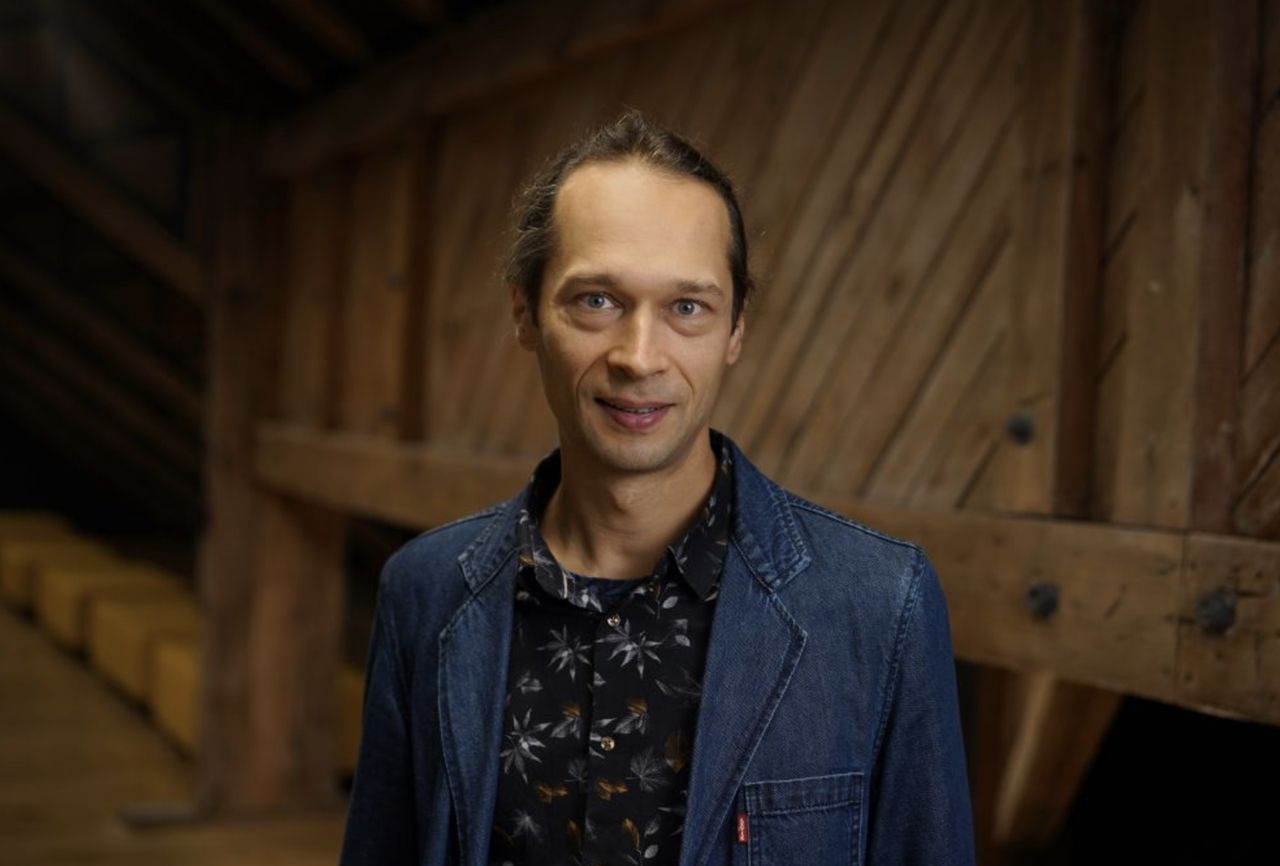The ERC has settled the Synergy Grants call. 57 projects were selected to be implemented in 24 countries. The winning applicants include Prof. Adam Izdebski, Professor of Environmental History at the University of Warsaw and winner of NCN calls.
 Prof. Adam Izdebski, fot. M. Kaźmierczak/Uniwersytet Warszawski
Adam Izdebski is the Professor of Environmental History and Human Ecology at the University of Warsaw, winner of the FUGA and OPUS NCN calls. The ERC will fund the project under his leadership entitled “Understanding anew the role of pandemics in pre-industrial Europe (1300-1800 CE): history, natural science and machine learning.” “The aim of the project is to answer the question of why the same virus, the same bacterium, the same pathogen, produces completely different biological and social effects, depending on the context in which the epidemic takes place. The team, which will include geneticists, climatologists, archaeologists, historians, ecologists and machine learning specialists, will study more than 50 epidemics that Europe experienced between the Black Death and the invention of the smallpox vaccine, i.e. from the late Middle Ages to the early stages of industrialisation. For each of these outbreaks, we will try to examine ‘everything’ – not just their effects, but the whole context, from the weather to what people sang in churches during services and what headgear they wore. All of this vast knowledge will then be analysed using machine learning to create a model that will enable us to predict how various combined factors can influence the course of a pandemic. It is as much about clarifying the past as it is about creating a new theoretical basis that will be useful in preparing for future pandemics”, explains Prof. Adam Izdebski in a recording released by the University of Warsaw.
Prof. Adam Izdebski, fot. M. Kaźmierczak/Uniwersytet Warszawski
Adam Izdebski is the Professor of Environmental History and Human Ecology at the University of Warsaw, winner of the FUGA and OPUS NCN calls. The ERC will fund the project under his leadership entitled “Understanding anew the role of pandemics in pre-industrial Europe (1300-1800 CE): history, natural science and machine learning.” “The aim of the project is to answer the question of why the same virus, the same bacterium, the same pathogen, produces completely different biological and social effects, depending on the context in which the epidemic takes place. The team, which will include geneticists, climatologists, archaeologists, historians, ecologists and machine learning specialists, will study more than 50 epidemics that Europe experienced between the Black Death and the invention of the smallpox vaccine, i.e. from the late Middle Ages to the early stages of industrialisation. For each of these outbreaks, we will try to examine ‘everything’ – not just their effects, but the whole context, from the weather to what people sang in churches during services and what headgear they wore. All of this vast knowledge will then be analysed using machine learning to create a model that will enable us to predict how various combined factors can influence the course of a pandemic. It is as much about clarifying the past as it is about creating a new theoretical basis that will be useful in preparing for future pandemics”, explains Prof. Adam Izdebski in a recording released by the University of Warsaw.
The project EUROpest will involve 10 institutions from across Europe and the United States, including four leading centres: University of Warsaw, University of Gießen, Georgetown University and the Max Planck Institute for Evolutionary Anthropology. The project will start in the middle of next year and will last six years.
Prof. Izdebski’s research funded by the NCN concerned the environmental history of Byzantium and Cracow.
In the just-concluded Synergy Grant call, 57 research groups will receive funding. The projects will be carried out at 184 universities and research centres in 24 countries in Europe and beyond. Most projects will be carried out in Germany (34 projects), the UK (18), France (13), the US (12), Spain (11) and the Netherlands (10). Six projects include researchers from countries that have hosted fewer ERC grants to date, such as the Czech Republic (2 projects), Greece (1), Hungary (1), Poland (1) and Portugal (1).
